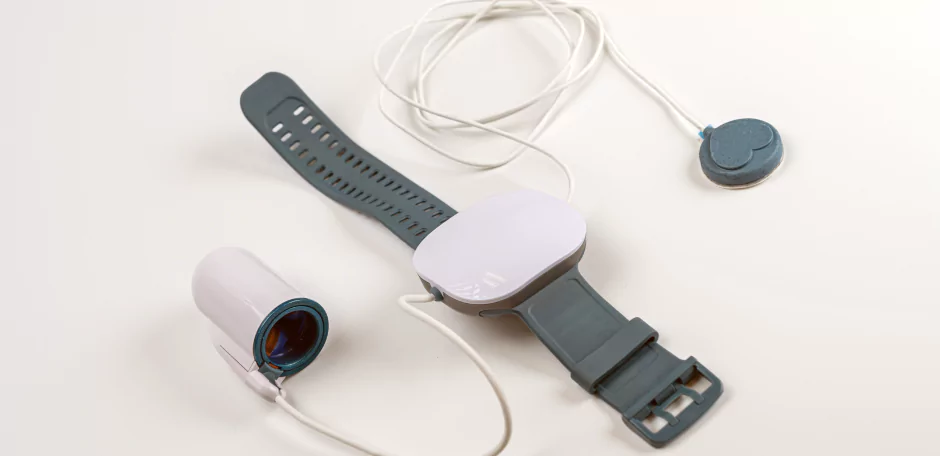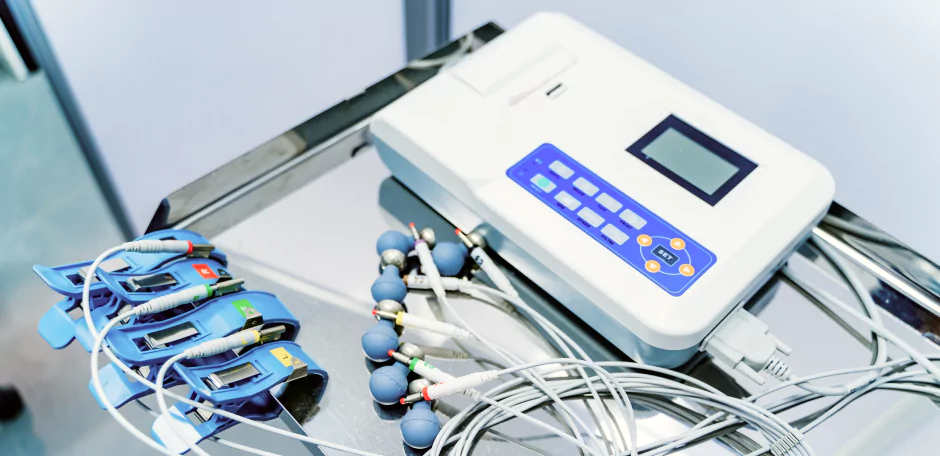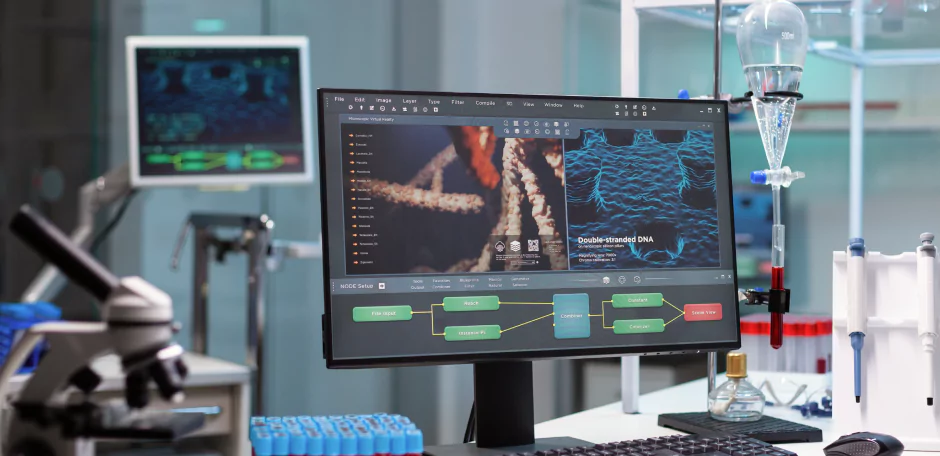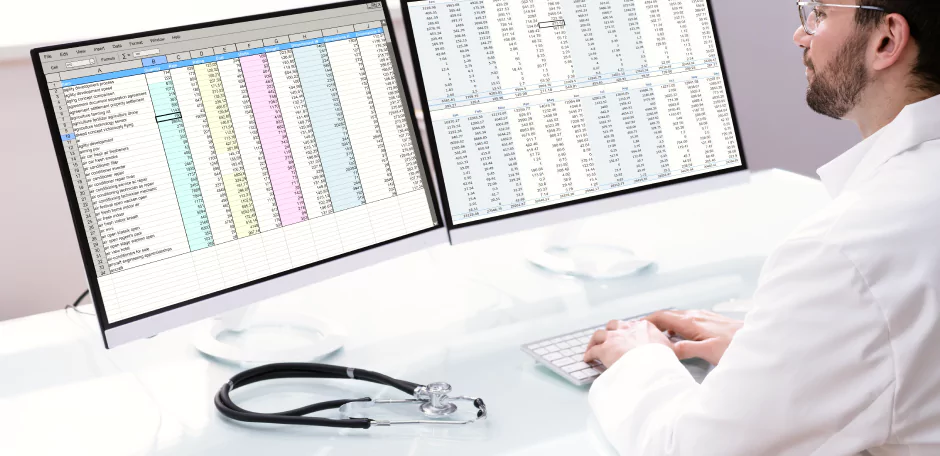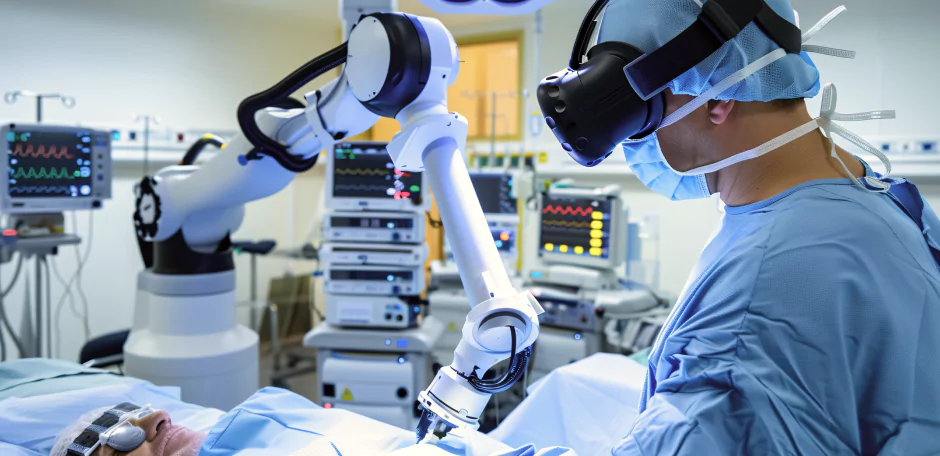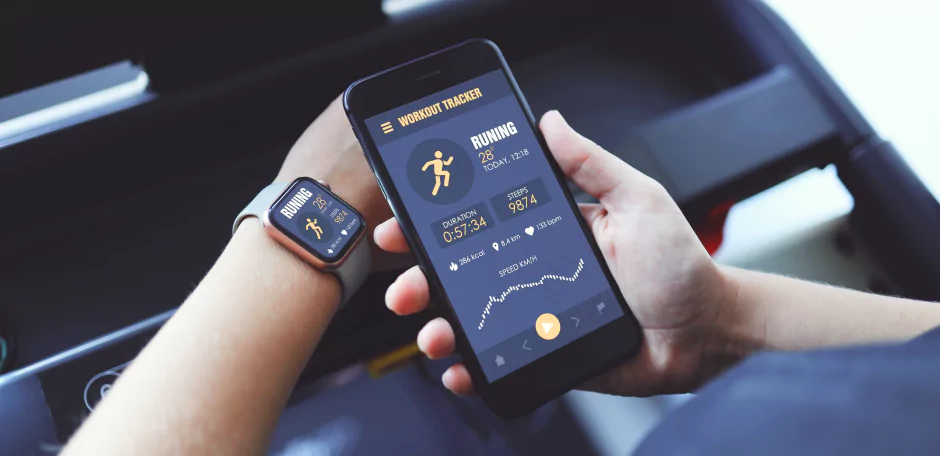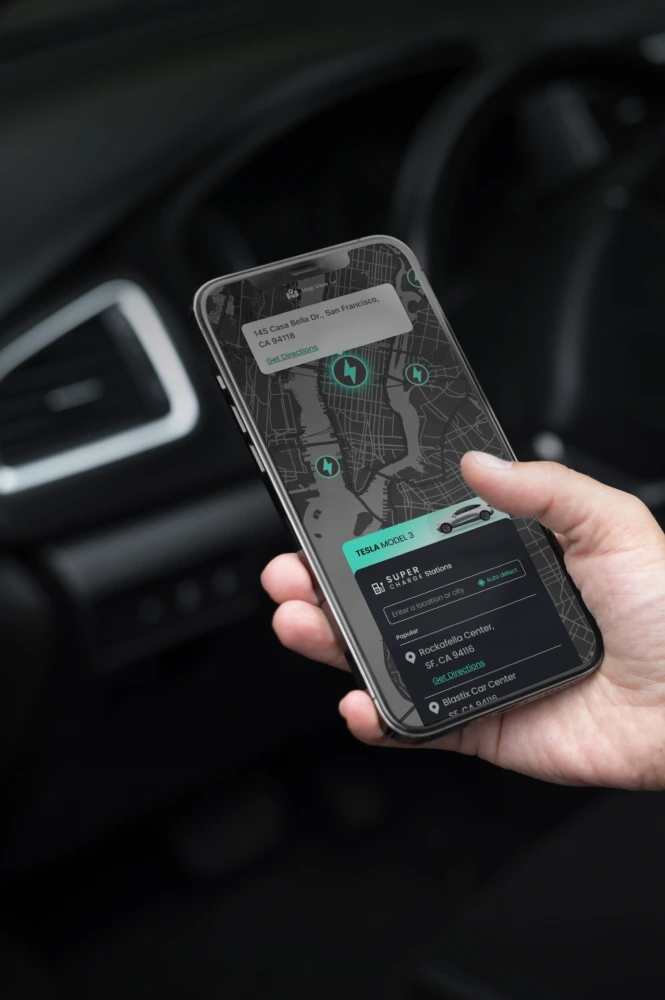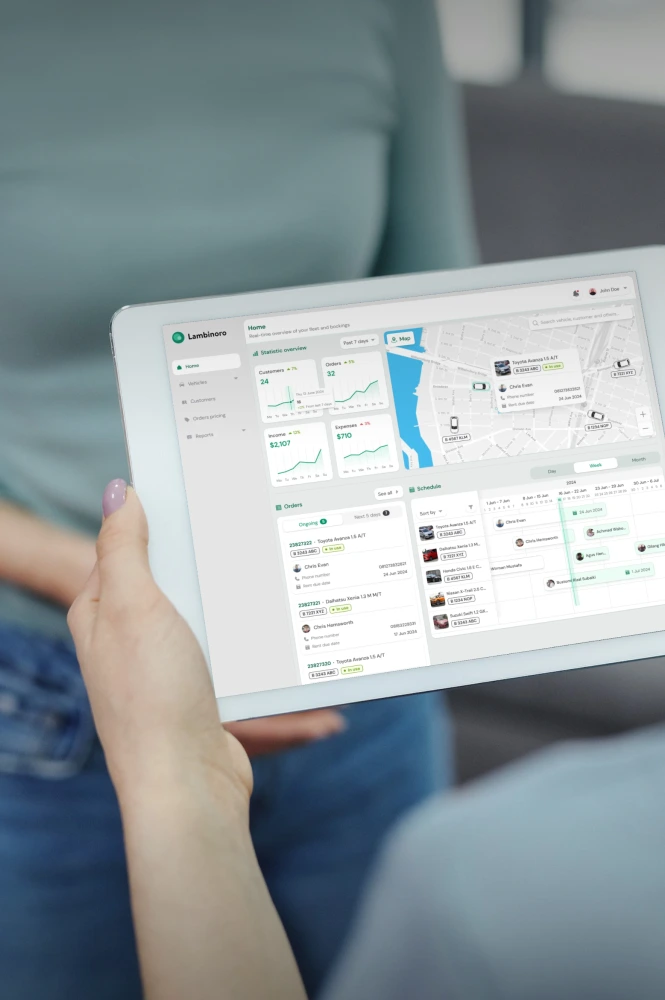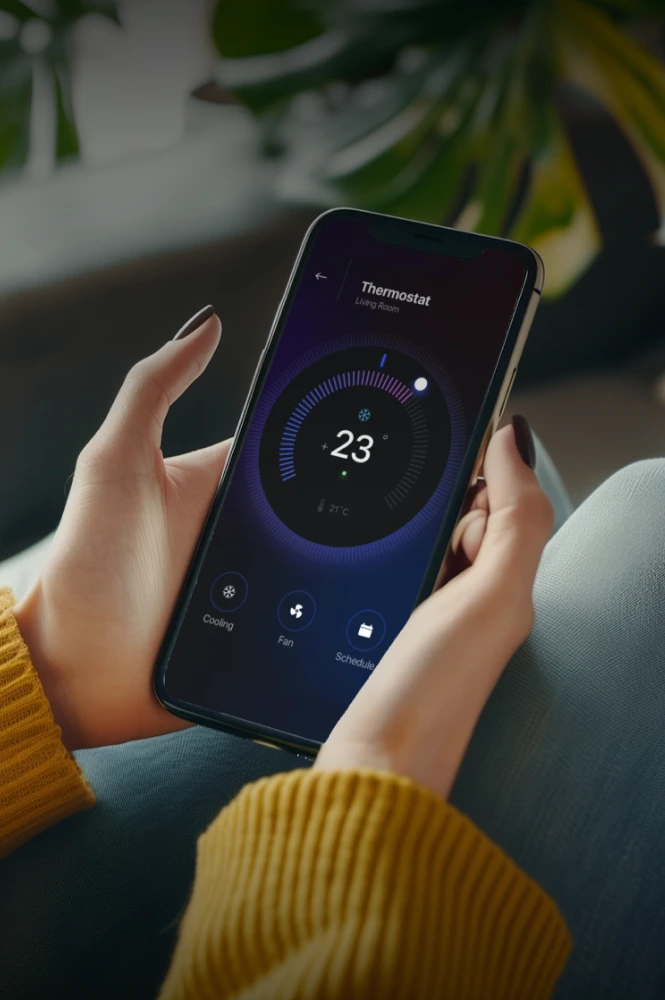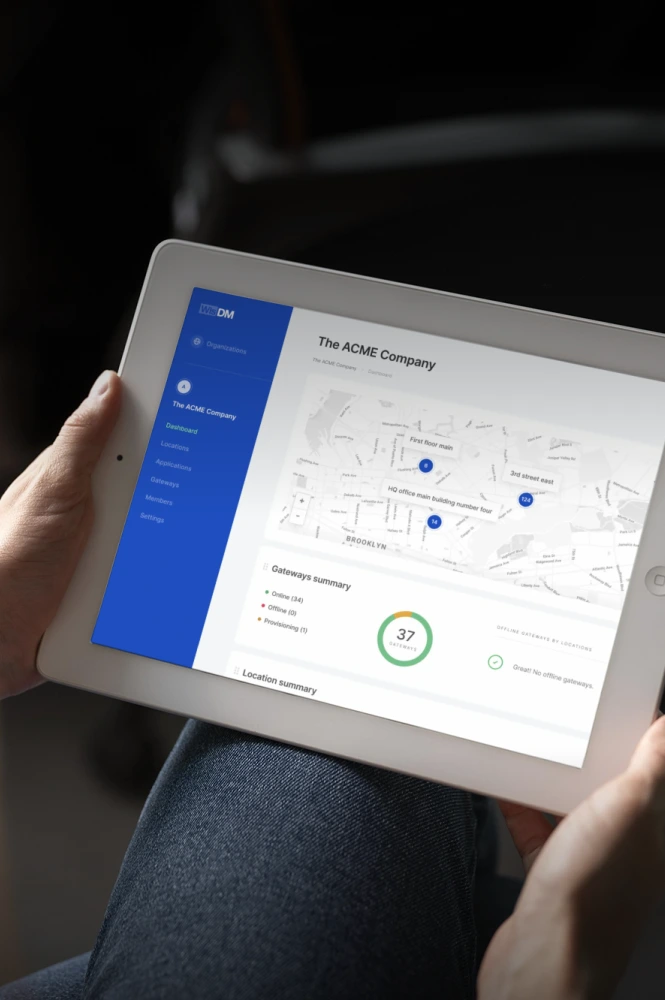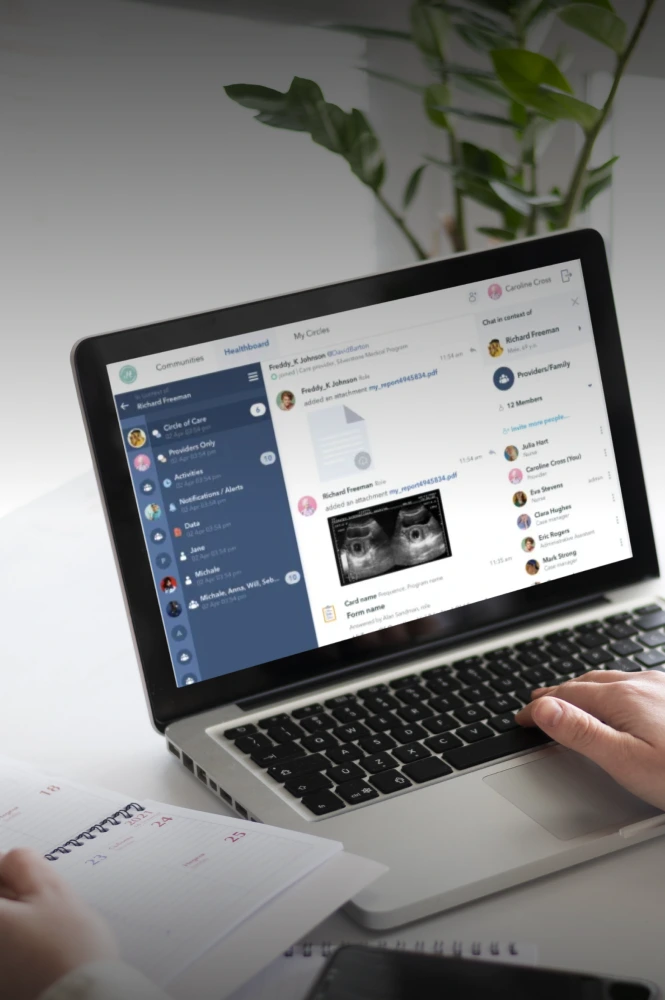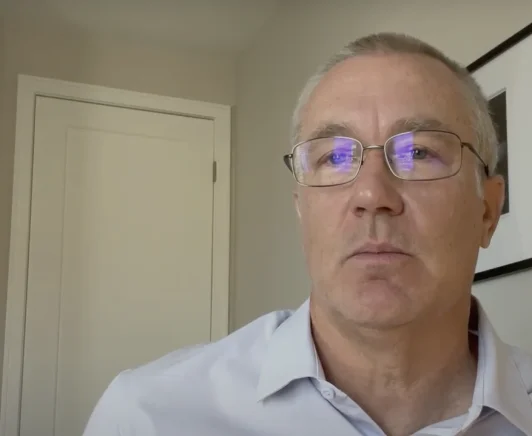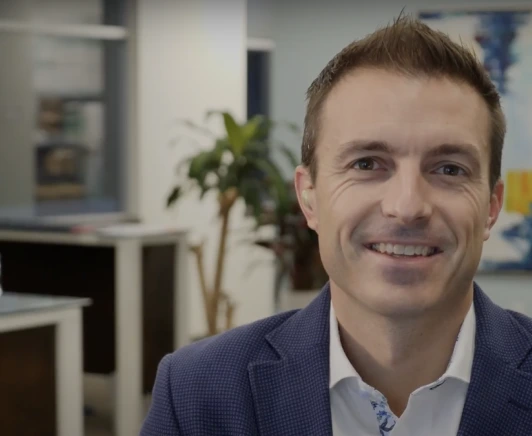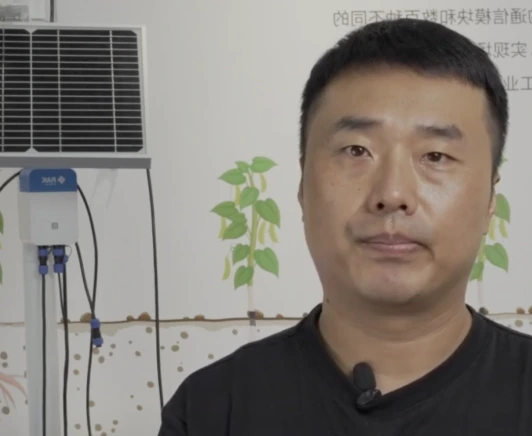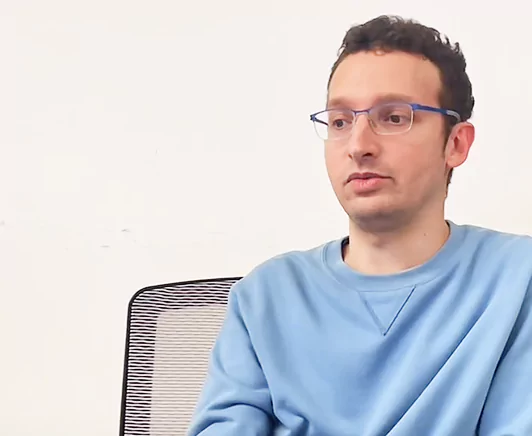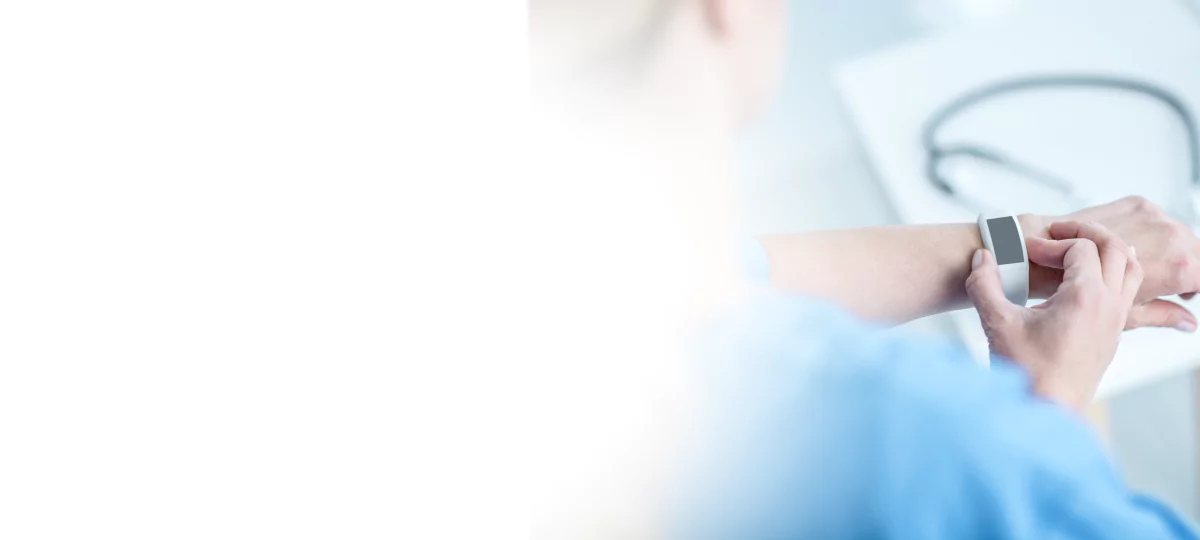
Wearable App Development Company
Looking for reliable wearable app development services? We at Yalantis build protected connected apps for health, fitness, and many other IoT smart devices. Explore our offshore wearable app developing services.
IoT Healthcare solutions by Yalantis
-
Medical wearable devices development
- Wearable device prototyping
- Smartwatch OS application development
- Wear OS application development
- Custom firmware development
-
IoMT and connected devices
- Remote patient monitoring (RPM) solutions
- Chronic disease management solutions
- Telehealth solutions
- Blood pressure trackers
- Blood sugar monitors
- Cardiac activity sensors
- Sleep trackers
-
Fitness and sports tracking applications
- Workout tracking apps
- Vitals monitoring
- Performance analytics
- Goal setting and gamification
- Social sharing features
-
Third-party services and cross-platform integration
- EHR integration
- API integration
- Cross-platform data sync
- Payment gateway integration
- Third-party sensor integration
- CRM system integration
-
Data management and analytics
- Health data visualization
- Predictive analytics
- User behavior analysis
- Big data processing
- Custom reporting tools
- Data security and compliance
-
AI & ML healthcare solutions
- Health forecasting and anomaly prediction
- Automated diagnostic assistance
- Personalized treatment plans
- Health data visualization and reporting
- Real-time health alerts and notifications
Benefits of Yalantis as a wearable device app development company
Wearable device integration expertise
As a wearable app development company, we build apps for smartwatches, fitness trackers, and custom OS devices.
Wearable app development technical excellence
Our wearable app development services include performance tuning for speed, battery efficiency, responsiveness, and a lot more.
Agile development process
As an agile wearable device app development company, we use short sprints to adapt quickly and align the app with your evolving requirements.
Ongoing support and maintenance
We provide post-launch support, performance monitoring, and updates based on user feedback to keep your wearable app relevant and efficient.
Embedded software development expertise
We create high-performance embedded systems designed for stability, energy efficiency, and device longevity.
Comprehensive IoT testing and QA
We deliver end-to-end testing services to guarantee your IoT solution performs reliably, securely, and as intended.
Case Studies of Yalantis as wearable device app development company
Wearable app development company insights

How to Remotely Manage Large IoT Device Networks
Learn an approach to ensuring remote IoT network management and building an IoT remote management system. Read about the pitfalls associated with remote management in IoT and how to overcome them.

How to Implement an Effective IoT Testing Framework
How can you test IoT solutions? Why is performance testing crucial, and what is an Internet of Things testing framework? Let’s figure out what end-to-end IoT testing is in detail.

The Role of Edge Computing in IoT and Business Growth
Get a complete understanding of how edge computing works in IoT, its benefits, and IoT challenges it helps to solve. Find out when exactly you can use edge computing in IoT.
Testimonials from our clients
Industry-specific Internet of Things app development services

Healthcare
Boost care quality and efficiency with connected health devices, remote monitoring, and intelligent predictive insights.


Industrial
Keep production smooth, reduce downtime, and increase safety through asset tracking and predictive equipment insights.


Supply chain
Achieve full logistics visibility, smart inventory control, and optimized flow with real-time connected IoT systems made by seasoned IoT app developers.


Automotive
Elevate vehicle safety and performance using connected tech, predictive diagnostics, and autonomous system integration.

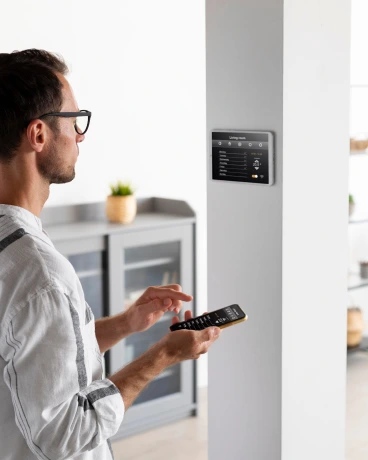
Smart home & building
Advance smart living and eco-efficiency with device connectivity, intelligent energy use, and automated environment control.

FAQ
What industries benefit most from custom wearable app development?
Our wearable app development services support healthcare, fitness, logistics, and wellness industries—where real-time data and mobility are key to performance and user engagement.
Can you integrate wearables with existing healthcare systems?
Yes. As a healthcare wearable app development company, we at Yalantis specialize in integrating wearable apps with EHRs, RPM platforms, and hospital systems while ensuring compliance and data security.
Do you offer post-launch support for wearable apps?
The offshore wearable app making service we provide includes ongoing support, performance monitoring, and updates based on user feedback to keep your app optimized and secure.
How do you ensure HIPAA/GDPR compliance in wearable apps?
As a wearable devices app development company, we comply our work with HIPAA, GDPR, and local data laws through secure architecture, encryption, and proper access control.
Can you build cross-platform apps for wearables?
Yes. As a wearable app development company, Yalantis creates cross-platform apps for Android Wear, Apple Watch, and custom OS devices, providing broad reach and consistent UX.
How can wearable apps improve remote patient monitoring?
We build wearable healthcare apps that track vitals, sync with RPM tools, and alert providers in real time to enhance patient care and reduce hospital visits through continuous monitoring.
Contact us

got it!
Keep an eye on your inbox. We’ll be in touch shortly
Meanwhile, you can explore our hottest case studies and read
client feedback on Clutch.

Nick Orlov
Engagement Manager
How to get started with IoT development
-
Get on a call with our Internet of Things product design experts.
-
Tell us about your current challenges and ideas.
-
We’ll prepare a detailed estimate and a business offer.
-
If everything works for you, we start achieving your goals!
